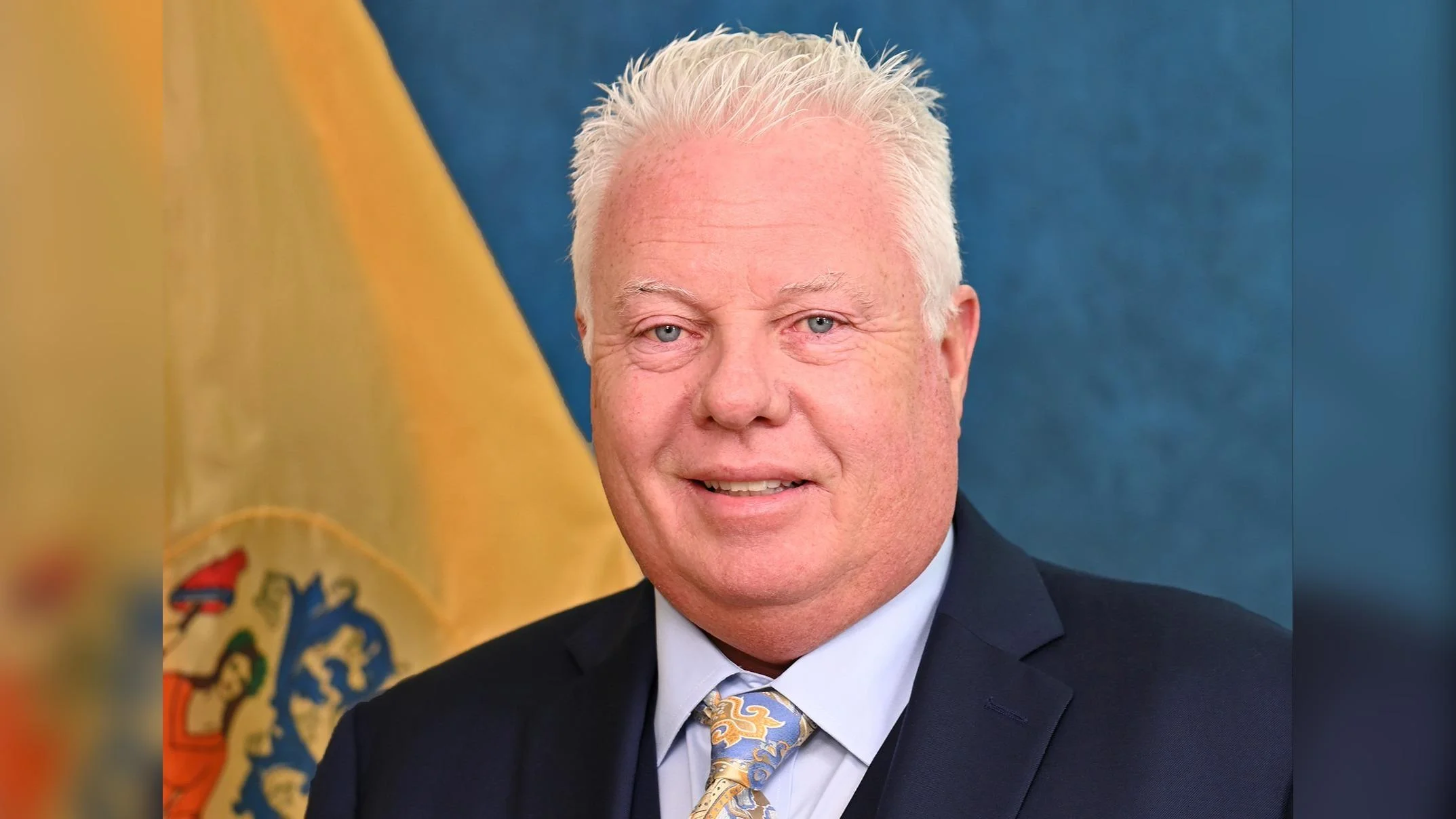
The New Jersey Board of Public Utilities (NJBPU) announced the opening of an additional capacity block of 275 MW in the Community Solar Energy Program (CSEP) for Energy Year 2024 during its April 30 Agenda Meeting. This expansion will more than double the size of the existing program and enable it to accommodate an additional 40,000 subscribers across the state.
“Thanks to the leadership of Governor Murphy and the Legislature, the NJBPU is expanding its highly successful Community Solar Energy Program, which continues to serve as a national model,” said NJBPU President Christine Guhl-Sadovy. “The expanded program will reach tens of thousands of additional subscribers and generate millions of dollars in savings for New Jersey ratepayers.”
Since its inception in November 2023, the Community Solar Energy Program has seen conditional approval for 224 registrations amounting to a total of 225 MW. The initial capacity blocks for all four public utilities have reached capacity and are now closed. This builds upon more than 100 projects constructed as part of the Pilot Program, benefiting over 19,000 subscribers with more than $3 million in net bill savings.
On January 4, 2024, Governor Phil Murphy signed A4782/S3123 into law, simplifying the CSEP subscription process for low- to moderate-income (LMI) households and expanding capacity available for community solar development. The Board will also ensure that CSEP subscribers receive a more seamless, consolidated energy bill starting next year.
Project registration for the additional capacity block will open on May 15. Projects submitted by May 29 will be approved based on highest savings for subscribers if demand exceeds available capacity. All new projects must provide a bill credit discount of at least 20% to subscribers and reserve at least 51% of their capacity for LMI subscribers. LMI subscribers can now use an approved self-attestation form to qualify.
About NJBPU:
NJBPU is a state agency mandated to ensure safe, adequate utility services at reasonable rates for New Jersey customers. It regulates critical services including natural gas, electricity, water, wastewater, telecommunications, broadband, and cable television. The Board oversees utility service monitoring, consumer complaints response, and utility accident investigations.
About NJCEP:
Established on January 22, 2003 under the Electric Discount and Energy Competition Act (EDECA), NJCEP provides financial incentives to residential customers, businesses and schools installing high-efficiency or renewable energy technologies. The program aims to reduce energy usage and environmental impacts while lowering energy bills.
For more information about NJBPU visit www.nj.gov/bpu.
For details about NJCEP visit www.NJCleanEnergy.com.
___